Articles scientifiques
Authors
Abstract
Introduction : Cancer is a growing public health concern in Africa and Asia, where access to effective healthcare and resources is often limited. There is an urgent need for evidence-based cancer control policies in Africa and Asia, along with systems for prevention, early detection, diagnosis and treatment, and palliative care. This emerging issue has garnered growing interest from international institutions but there has been little visible action, and the existing knowledge remains scattered and fragmented. This scoping review aims to explore the breadth and scope of evidence regarding knowledge transfer interventions to enhance cancer care in Africa and Asia.
Methods : We conducted a systematic search of Embase, Emcare, ERIC, APA PsycInfo, Medline, and Google Scholar, supplemented by expert bibliographies and references. Peer-reviewed empirical studies in English or French from January 1978 to September 2024 were included. Data were organised using the AIMD (Aims, Ingredients, Mechanism & Delivery) framework. Study quality was presented using the Mixed Methods Appraisal Tool.
Results : The scoping review examined seven articles providing evidence on five unique interventions. The interventions included target both decision-makers and health professionals and aim to strengthen evidence-based cancer control policies and implementation strategies. The interventions documented have all been initiated by external actors, mainly international institutions or researchers from high-income countries, in collaboration with African and Asian stakeholders. In addition, some researchers have been involved in participatory research projects designed to enable decision-makers to implement evidence-based cancer control policies and programmes.
Conclusions : This scoping review highlights a critical lack of evidence on knowledge transfer interventions in cancer care across Africa and Asia, partly due to limited funding for non-communicable diseases. It calls for the integration of knowledge transfer components into all cancer research and interventions, supported by robust evaluation strategies, to develop evidence-based, economically feasible, and culturally appropriate policies, guidelines and interventions that can be used in nations with limited healthcare resources to improve cancer outcomes.
Keywords : Knowledge transfer, Cancer, Africa, Asia, Evidence, Research to policy, Research utilisation
Authors
Abstract
Introduction : Breast cancer is a global public health challenge. It is the most commonly diagnosed cancer and the leading cause of cancer-related death in women. Several inequalities remain among women facing this disease, depending on their country of birth and their sociodemographic characteristics. The SENOVIE study (Therapeutic mobility and breast cancer) aims to understand the life trajectories of women born in France and in sub-Saharan Africa treated for breast cancer in four hospitals in the greater Paris area.
Methods and analysis : The SENOVIE study is a mixed methods study, combining a quantitative and a qualitative approach. A quantitative retrospective life-event survey is conducted in four hospital centres in the greater Paris area, France, to (1) understand how breast cancer (diagnosis, treatment and possibly reconstruction) impacts the life trajectories of women in many spheres (migration, family life, professional life, financial situation, etc); (2) study the access to healthcare by women living with breast cancer and their determinants; and (3) examine how gender relations may shape breast cancer experience. Women born in France and women born in sub-Saharan Africa are recruited: 1000 women, including 500 per group. In the standardised, face-to-face questionnaire, each dimension of interest is collected year by year from birth until the time of the survey. Clinical and laboratory information is documented with a short medical questionnaire filled out by the medical teams. The qualitative survey is conducted specifically with women born in sub-Saharan Africa who came to France for treatment to better understand their trajectories and the specific obstacles they faced. To analyse the quantitative data collected, descriptive analyses will be used to visualise trajectories (sequence analysis), along with longitudinal analysis methods (survival models and duration models).
Ethics and dissemination : The study is conducted in accordance with the Declaration of Helsinki. The French Data Protection Authority (Commission Nationale de l’Informatique et des Libertés, declaration number 2231238) and the Committee for Persons’ Protection East I (Comité de Protection des Personnes Est I, national number 2023-A01311-44) approved it. We will disseminate the findings through scientific publications, policy briefs, conferences and workshops.
Authors
Abstract
Breast cancer is the second most common cancer, with more than 2.31 million cases diagnosed worldwide in 2022. Cancer medicine subjects the body to invasive procedures in the hope of offering a chance of recovery. In the course of treatment, the body is pricked, burned, incised and amputated, sometimes shattering identity and often changing the way women perceive the world. In sub-Saharan Africa, incidence rates are steadily increasing and women are particularly young when they develop breast cancer. Despite this alarming situation, the scientific literature on breast cancer in sub-Saharan Africa is poor and largely dominated by medical literature. Using a qualitative approach and a theoretical framework at the intersection of the sociology of gender and the sociology of the body, we explore the discourse strategies of women with breast cancer in Mali regarding their relationship to the body and to others. Based on 25 semi-directive interviews, we analyse the experiences of these women. Using the image of the Amazon woman, whose struggle has challenged gender because of its masculine attributes, we explore whether these women's fight against their breast cancer could be an opportunity to renegotiate gender relations. The experience of these women is characterised by the deconstruction of their bodies, pain and suffering. The masculinisation of their bodies and their inability to perform certain typically female functions in society (such as cooking or sexuality) challenges their female identity. The resistance observed through the sorority, discreet mobilisation and display of their bodies does not seem to be part of a renegotiation of gender relations, but it does play an active role in women's acceptance of the disease and their reconstruction.
Authors
Abstract
Background Breast cancer is the most common cancer in terms of incidence and mortality among women worldwide, including in Africa, and a rapid increase in the number of new cases of breast cancer has recently been observed in sub-Saharan Africa. Oncology is a relatively new discipline in many West African countries, particularly Mali; thus, little is known about the current state of cancer care infrastructure and oncology practices in these countries.
Methods To describe the challenges related to access to oncology care in Mali, we used a qualitative approach, following the Consolidated Criteria for Reporting Qualitative Research (COREQ). Thirty-eight semistructured interviews were conducted with health professionals treating cancer in Mali (n = 10), women with breast cancer (n = 25), and representatives of associations (n = 3), and 40 participant observations were conducted in an oncology unit in Bamako. We used the theoretical framework on access to health care developed by Levesque et al. a posteriori to organise and analyse the data collected.
Results Access to oncology care is partly limited by the current state of Mali’s health infrastructure (technical platform failures, repeated strikes in university hospitals, incomplete free health care and the unavailability of medicines) and exacerbated by the security crisis that has been occurring the country since 2012. The lack of specialist doctors, combined with limited screening campaigns and a centralised and fragmented technical platform in Bamako, is particularly detrimental to breast cancer treatment. Women’s lack of awareness, lack of information throughout the treatment
process, stereotypes and opposition to amputations all play a significant role in their ability to seek and access quality care, leading some women to therapeutically wander and others to want to leave Mali. It also leaves them in debt and jeopardises the future of their children. However, the high level of trust in doctors, the involvement
of international actors, the level of social support and the growing influence of civil society on the issue of cancer also represent great current opportunities to fight cancer in Mali.
Conclusion Despite the efforts of successive Malian governments and the commitment of international actors, the provision of health care is still limited in the country, entrenching global inequalities in women’s bodies.
Keywords Cancer, Mali, Access to care, Barriers, Opportunities
SSM - Qualitative Research in Health, Volume 4, 2023, 100314, ISSN 2667-3215
Authors
Abstract
While breast cancer is the most common cancer globally, not all women have access to quality care. Long considered a disease of high-income countries, low- and middle-income countries are now facing a major public health issue regarding cancer. This is the case in sub-Saharan Africa, where access to quality breast cancer treatment is often lacking. This context leads some women to travel abroad, particularly to France, hoping to save their lives. This article aims to examine the experiences, the social cost and the perceptions associated with therapeutic mobility for breast cancer in France. To this end, this study uses a qualitative method based on nineteen biographical interviews with women from sub-Saharan Africa with breast cancer who have migrated to France seeking for treatment. It shows that these women often face significant difficulties throughout their care and life paths in France. Main issues lay in accessing care, housing insecurity, loneliness, and administrative instability. This reflects how the double biographical disruption, caused by cancer and migration, impact entire disease trajectories, from entry to care to post-breast cancer period. With this research, we suggest extending the concept of social death to the issue of women who have undergone therapeutic mobility for their breast cancer in France. Highlighting the experiences of women who remain almost invisible in the public arena, this article analyses poorly heard realities and shows how social inequalities in health can be found even in reconstructing oneself after breast cancer.
Auteurs
Résumé
Les taux d’incidence et de mortalité par cancers ne cessent d’augmenter en Afrique de l’Ouest. La cancérologie est une discipline récente au Mali et les moyens disponibles pour traiter les malades sont insuffisants. Le Mali compte un unique appareil de radiothérapie pour le pays et ses dysfonctionnements sont régulièrement relayés par les médias. Afin de comprendre les insatisfactions récurrentes liées à l’accès à la radiothérapie au Mali, nous avons retracé l’historique de cet appareil et en avons décrit le fonctionnement. À partir d’entretiens semi-directifs menés avec des associations de patientes et des professionnels de santé impliqués en cancérologie à Bamako, nous décrivons la façon dont l’appareil de radiothérapie du Mali révèle des enjeux de santé mondiale à travers l’intervention de nombreuses coopérations internationales. De façon complémentaire, et à partir d’une collecte de données sur registres médicaux et de rapports institutionnels, nous signalons que la durée moyenne pour obtenir un rendez-vous en radiothérapie est de trois à six mois au Mali, mais aussi que l’appareil de radiothérapie a fait face à 198 pannes entre le 3 avril 2014 et le 24 septembre 2021, ce qui représente plus de 54 semaines d’arrêts cumulés. La radiothérapie est un élément crucial de la prise en charge des cancers, et le manque d’accès à ce traitement aggrave le pronostic vital des malades. Alors que le gouvernement malien s’est engagé dans des réformes de couverture santé universelle, le renforcement des infrastructures de traitement des cancers doit également être considéré comme une priorité de santé publique pour le Mali.
Aperçus de recherche

Coup d’œil sur la recherche n°1

Poster n°1
The complex care pathway for women with breast cancer in mali

Coup d’œil sur la recherche n°2

Poster n°2
Knowledge transfer interventions on cancer in africa and asia : a scoping review
Communications
Corps féminin amputés et conjugalité au Mali : les retentissements sociaux d’un geste médical
Mastectomie, corporéité et reconstruction de soi dans un contexte de mobilité thérapeutique : récits de femmes originaires d’Afrique subsaharienne vivant en France
Une expérience plus douloureuse que le cancer du sein: le vécu de la chimiothérapie du point de vue des patientes au Bénin
Présenté à 2ème Congrès National des Soins Palliatifs Thème: La souffrance en soins palliatifs, Bohicon, Bénin.
12 Octobre 2023
Cancers du sein et migrations en Ile-de-France : où sont les associations ?
Communication présenté à Colloque international Institut du Genre, Toulouse, France.
06 juillet 2023
Les mobilités de formation: le cas des études de spécialisation en oncologie au Bénin
Présenté à 2ème Congrès National des Soins Palliatifs Thème: La souffrance en soins palliatifs, Bohicon, Bénin.
12 octobre 2023
Therapeutic mobility and breast cancer: documenting the experiences of African women through a multi-site research project (Mali-France)
Colloque international présenté à IMISCOE, Oslo, Norvège.
30 juin 2022
Corporéité et cancer du sein au Mali
Présenté à Colloque International Sur « Les Droits De La Santé Sexuelle Et Reproductive En Afrique Sub-Saharienne : État Des Lieux Et Perspectives », Campus Universitaire d’Abomey-Calavi, Cotonou, Bénin.
6 décembre 2023
Cancers gynécologiques et mammaires: dernières avancées thérapeutiques
Colloque international présenté à 4ème journées scientifiques du Collège National des Gynécologues Obstétriciens du Bénin (CNGOB), Cotonou, Bénin.
14 septembre 2023.
D’une mort biologique à une mort sociale: souffrance de femmes africaines venues pour soins en France
Présenté à 2ème Congrès National des Soins Palliatifs Thème: La souffrance en soins palliatifs, Bohicon, Bénin.
12 octobre 2023
Mobilités thérapeutiques et cancers du sein : présentation de la recherche SENOVIE
Clémence Schantz, Aboubakar Moufalilou , Angéline Tonato Bagnan, Freddy H.R. Gnangnon, et Justin Lewis Denakpo
Colloque international présenté à 4ème journées scientifiques du Collège National des Gynécologues Obstétriciens du Bénin (CNGOB), Cotonou, Bénin, 14 septembre 2023 .
Cancers du sein, corps et genre dans un contexte de mobilité thérapeutique: récits de femmes originaires d’Afrique subsaharienne vivant en France
Louise Ludet
3e Congrès international de l'Institut du GenreToulouse, 6 juillet 2023
Cancers du sein et migrations en Ile-de-France : où sont les associations ?
Marie Bottin
3e Congrès international de l'Institut du GenreToulouse, 6 juillet 2023
Corps féminins amputés : cancers du sein et rapports de genre au Mali
Clémence Schantz
3e Congrès international de l'Institut du GenreToulouse, 6 juillet 2023
Cancers du sein: ruptures biographiques et reconstructions de soi au Mali
Abdourahmane Coulibaly
Conférence SENOVIE Octobre RoseBamako, 15 octobre 2022
Mobilités thérapeutiques et accès aux soins pour cancers du sein en France : expériences et vécus de femmes africaines
Clémence Schantz et Louise Ludet
Conférence SENOVIE Octobre RoseBamako, 15 octobre 2022
Prise en charge du cancer du sein au Mali, état des lieux
Abou B. Traoré
Café scientifique Octobre RoseBamako, 27 octobre 2022
Cancers du sein: ruptures biographiques et reconstructions de soi au Mali
Abdourahmane Coulibaly
Café scientifique Octobre RoseBamako, 27 octobre 2022
Mémoires et Thèses
Associations de lutte contre les cancers du sein et mobilités thérapeutiques en France
Marie Bottin
Mémoire Master 1 Mention Géographie, Aménagement, Environnement et Développement / Géographie Parcours Territoires, Villes et Santé, France: Université Paris Nanterre / Université Paris Est Créteil.France, 2022
Les mobilités de formation : le cas des études de spécialisation en oncologie au Bénin
Marie Bottin
Master 2 Mention Géographie, Aménagement, Environnement et Développement / Géographie Parcours Territoires, Villes et Santé, France: Université Paris Nanterre / Université Paris Est Créteil.
Existe-t-il une pratique différenciée quant à la proposition de reconstruction mammaire ?
Noëlla Delmas
Paris, France: Paris Saclay2021
Projet SENOVIE : La grille biographique dans le domaine de la cancérologie
Fekraoui, Lynda
Mémoire Master 1 Mention Géographie, Aménagement, Environnement et Développement / Géographie Parcours Territoires, Villes et Santé, France: Université Paris Nanterre / Université Paris Est Créteil.France, 2021
Mobilités thérapeutiques et accès aux soins pour cancers du sein en France : expériences et vécus de femmes africaines
Louise Ludet
MASTER 2 Promotion de la santé et prévention, France: Ecole des Hautes Etudes en Santé Publique - EHESPFrance, 2022
Mobilités thérapeutiques et accès aux soins pour cancers du sein en France
Louise Ludet , Clémence Schantz
Thèse pour l’obtention du Diplôme d’Etat de Docteur en Pharmacie, France: Faculté de Pharmacie de l’Université Paris Saclay.
France, 2023
Cancer du sein et mobilités thérapeutiques: l’implication des associations dans le parcours de soins
Andréa Pereira
Mémoire de Master 1 Santé publique, Paris Saclay.France, 2021
Cartographie et mobilités thérapeutiques des femmes immigrées atteintes du cancer du sein en Ile de France
Takam Nzokou, Sheedy Hérol
Mémoire de Master 2, France: Paris Nanterre et Paris-Est Créteil Val de MarneFrance, 2021
Vidéos
Arts et Sciences
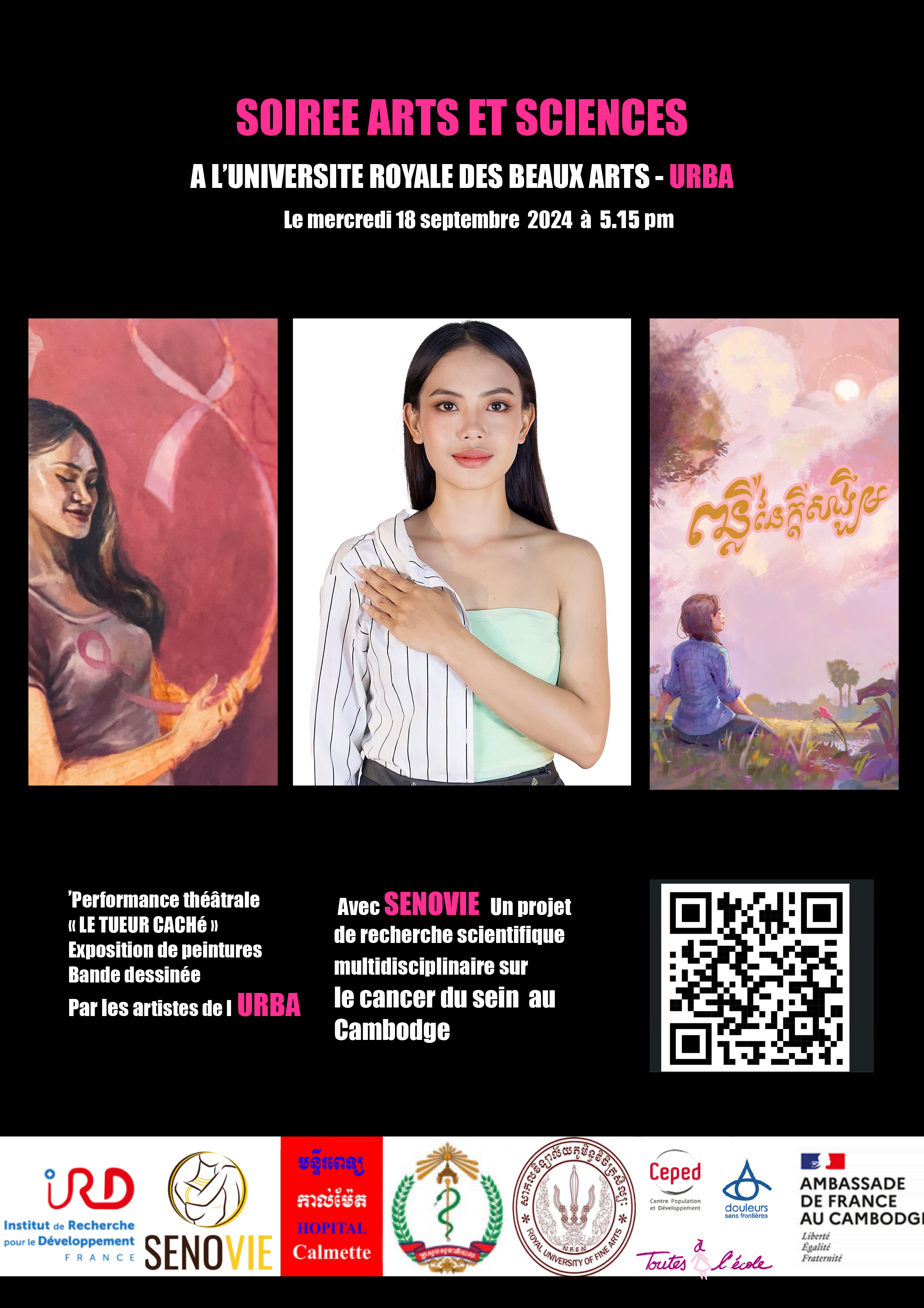
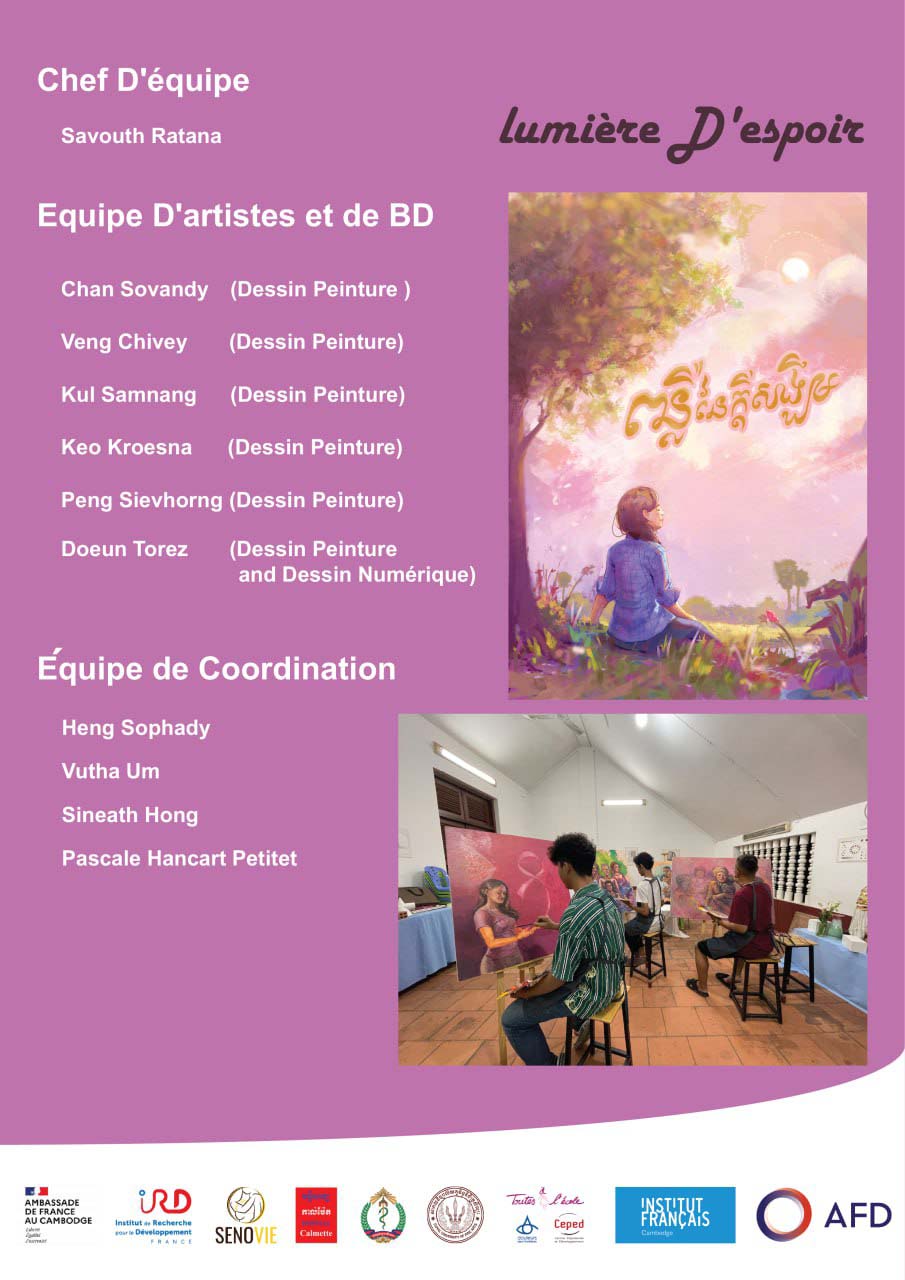
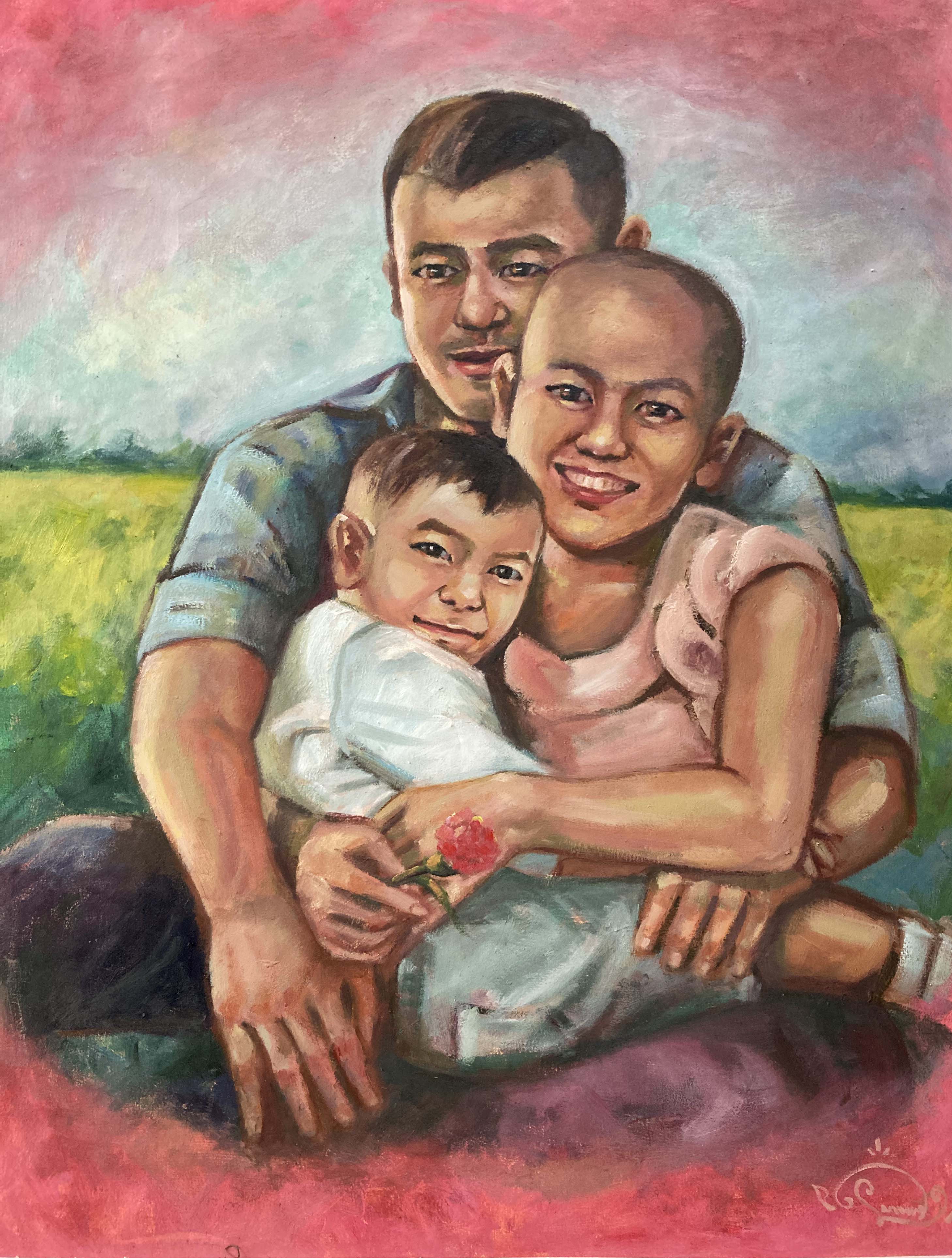
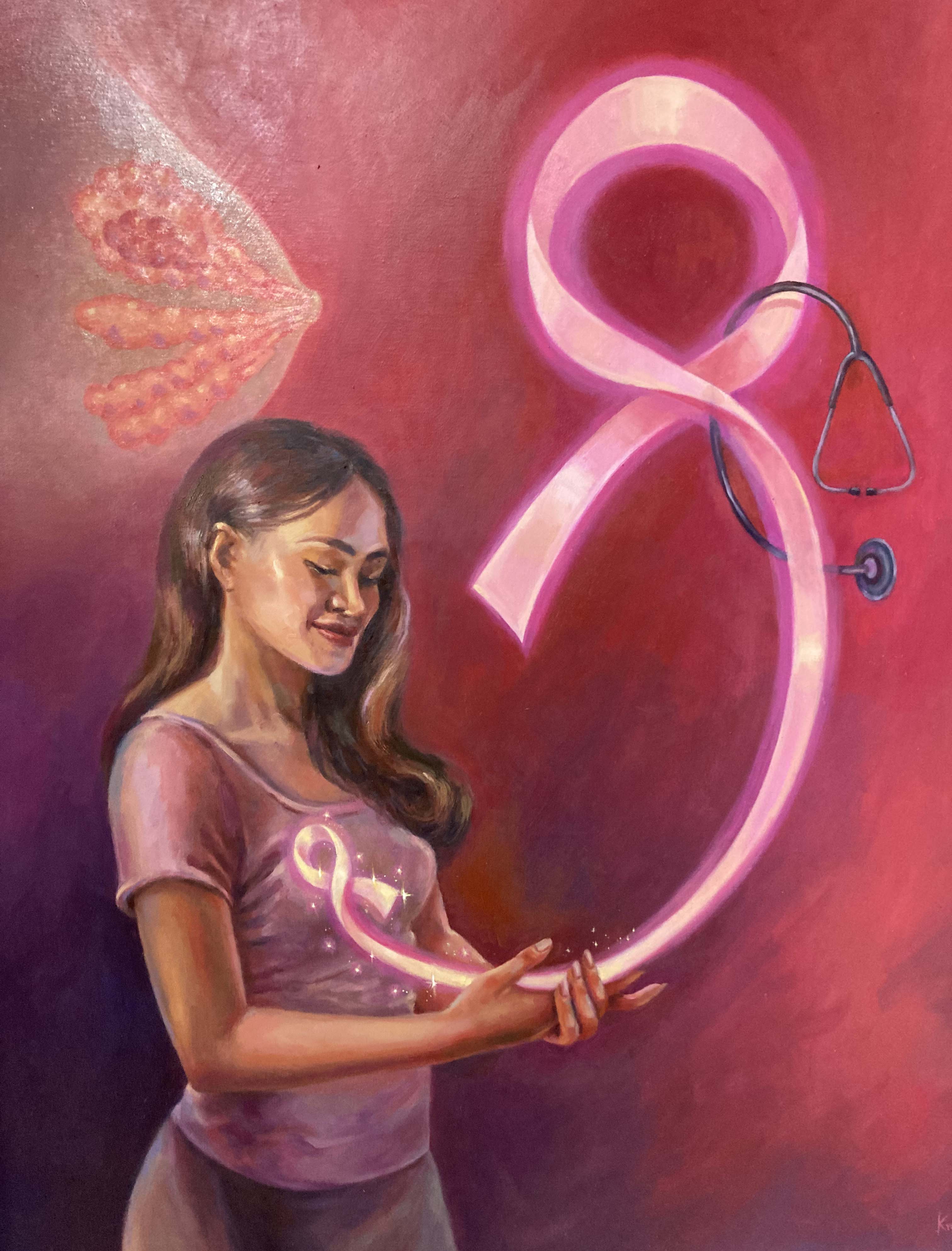
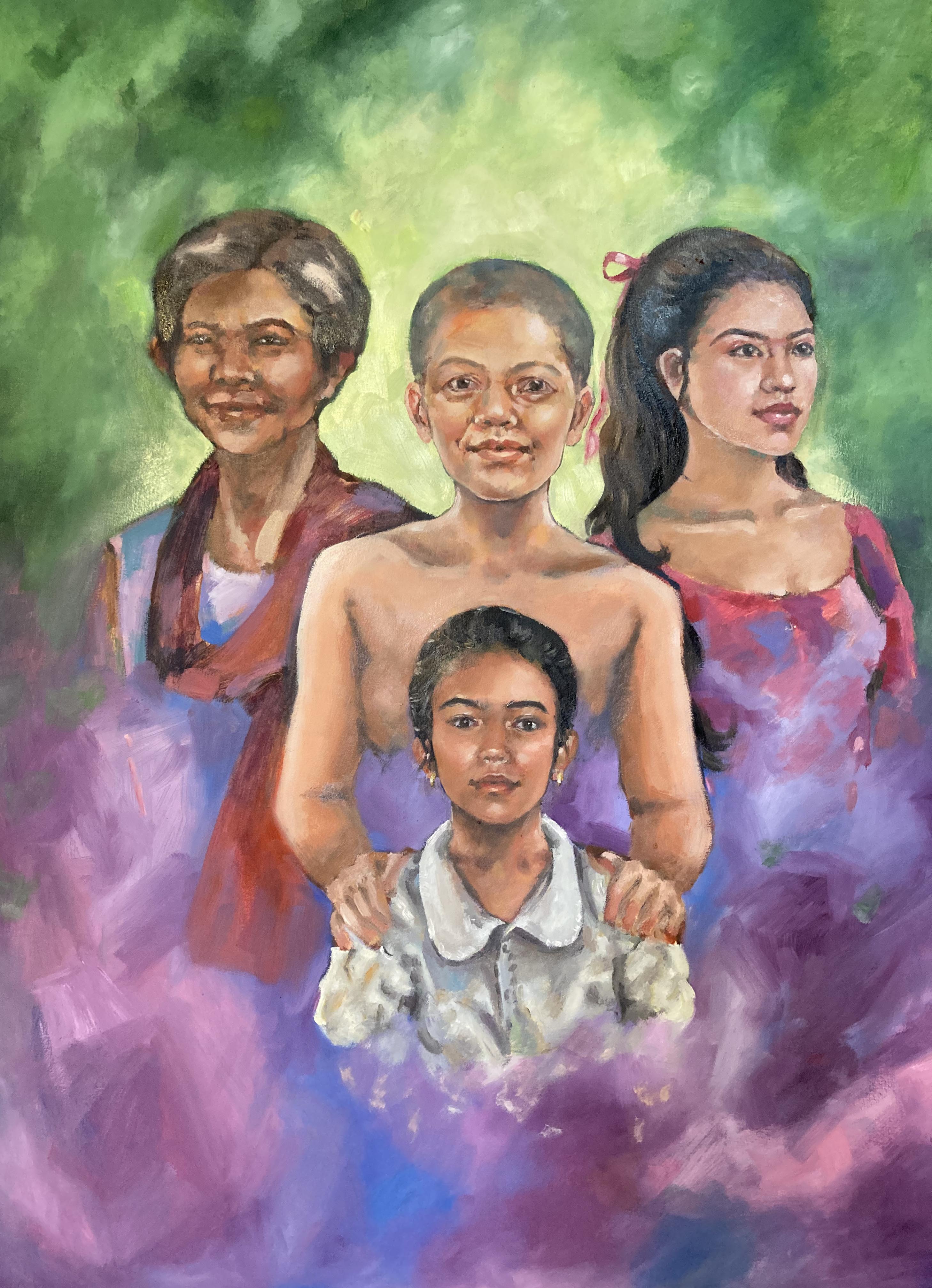
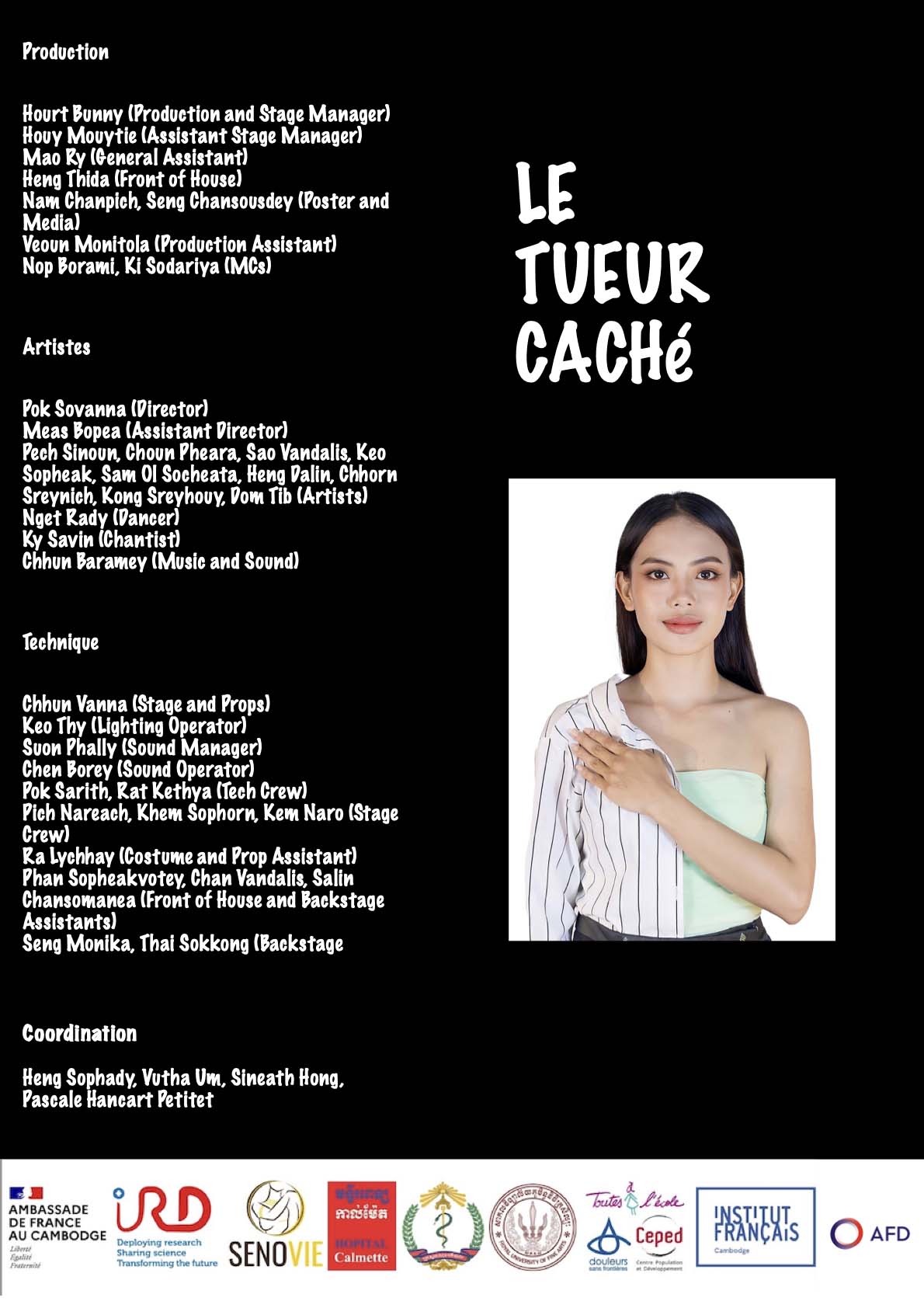



Ce projet est soutenu par :

Contact Info
Université de Paris - Campus Saint-Germain des Prés
45 rue des Saints-Pères
75006 PARIS, France
Mail : clemence.schantz@ird.fr




